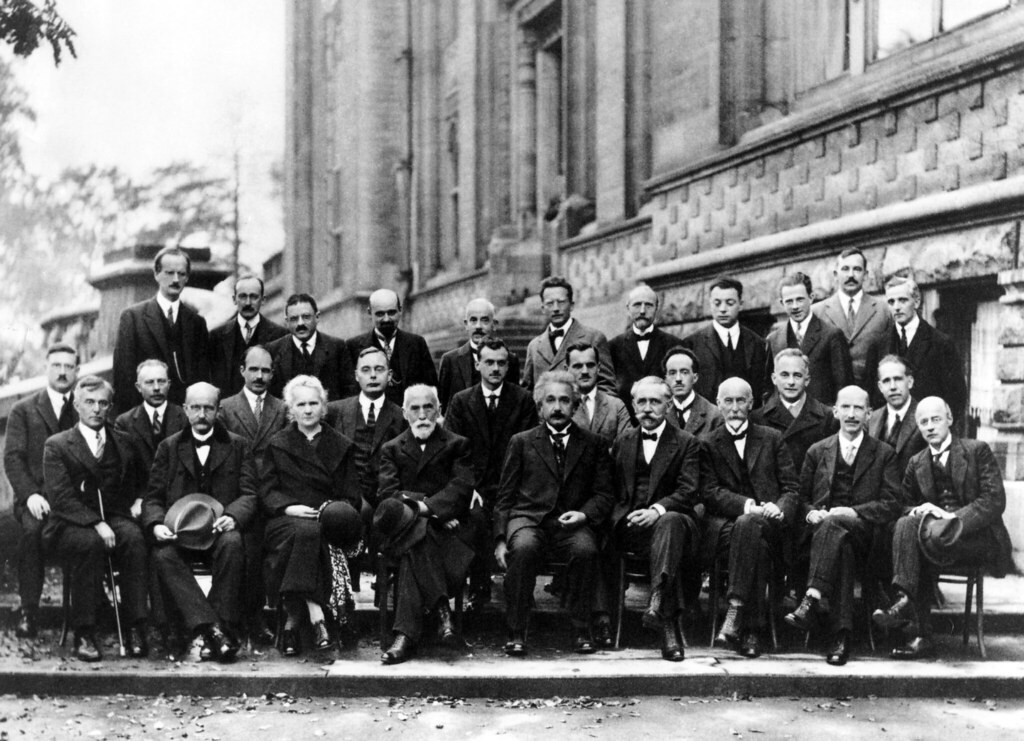Zeus is dead, long live Zero! The chart is our bible. Excel, our church. Mathematicians, our prophets. The virus roams around and the red carpet with which we cover its tracks is made of squares and pixels. The triumph of statistics characterises our modern age – but when did it achieve its last victory, and over whom did it triumph? How should we historically make sense of our religious reliance on numbers nowadays?
Fun fact: Newton, the genius behind gravity, is less known for his many calculations of the date for the second coming of Christ. He used to spend sleepless nights over it: in the 1600s, one could be both a man of science and a religious zealot.
The seventeenth century is long gone and yet it begs the question – how far have we come from gazing at the roll of dice with a similar religious zeal? Those who believe we are past it ought to play Risk with their friends, head to the Casino, or follow Wall Street.
It is not the probability of winning that captivates us – it is probability period; that is, chance; us who, with a tinge of masochism, insult our own capacity for certainty. Certainty – that was all that the poor Descartes wanted to find in his plaguing century of chance, and how unfortunate, that he could only find it in his I think, therefore I am; that is, in himself!
So two things happened since the 17th century – on one hand, we became increasingly reliant on numbers; on the other, extremely individualistic. You must sense a contradiction here: how can we trust numbers if all we trust is ourselves!
Enough running surveys about media or vaccine distrust – the answers are in our history books. Let us move forward: by the 19th century, the last great scientist with little grasp of mathematics, Michael Faraday, left us with almost a complete understanding of electromagnetism. It was James Clerk Maxwell who pinned down the mathematical formula that Faraday could only sense practically. It is this same formula that Max Planck, then Albert Einstein, then Erwin Schrödinger, would all use to push the 20th century into the golden age for exact science.
Without statistics, we would have so few of the technologies we use today. But when we leapt into the age of information, we forgot one piece of that information. It was something Mr. Maxwell wrote down privately in a letter. Maxwell, quite religious himself too, had used the image of a demon to hypothetically describe how the second law of thermodynamics could be violated. The point of his notorious thought experiment: “To show that the 2nd Law of Thermodynamics has only a statistical certainty.”
I paused for a while when I read that sentence. Statistical certainty? Let me change the emphasis: statistical certainty? I could not understand Maxwell, because I could not comprehend that statistics could have a certainty of their own. Meaning, that we don’t have to confer a reality to what we discover in statistics; as though our scientific findings could be content with life inside statistics; with the demons we imagine along them. Of course, later on, Einstein sought precisely the opposite of that; he was not convinced that his equations pointed to abstract packets of light quanta; there had to be something real there.
And look at us – wondering whether a virus is real or not, whether cause for alarm is reasonable depending on numbers going up. Einstein, him, was partially right – at least till quantum mechanics made him shriek, “God does not play dice with the universe!” But us, we are playing with the dice ourselves; like Newton, it is us who are making the calculations, to measure the date not of second comings but second waves.
I think, therefore I am – this meant originally with Descartes that we ought to doubt everything, except that we are ourselves doubting. Our-selves – in the cure lies the poison, for there can be no objective analysis if every opinion, political or private, comes at the tongue of an I.
There is the chief problem: that instead of coming together around a fact or figure, we parade them against each other following a good Jehovah Witness. Statistics brought us many great things, and it is a privilege to live in the age of information. But statistics are meant to be statistics; their numbers are meant to have statistical certainty alone; a reality that is not the one we share together.
If it were not so, there would never have been life on Earth; because according to statistics five billion years ago, the making of mankind from a bunch of flying atoms was a laughable interpretation. Let us then show a bit of gratitude – not to Zeus, not to Zero, but to that element of surprise. Life, when it arose, replied to the disciplinary 2nd law of thermodynamics, “No!” – likewise, we, too, must say no... respectfully, for unlike five billion years ago, there are seven billion of us now.


